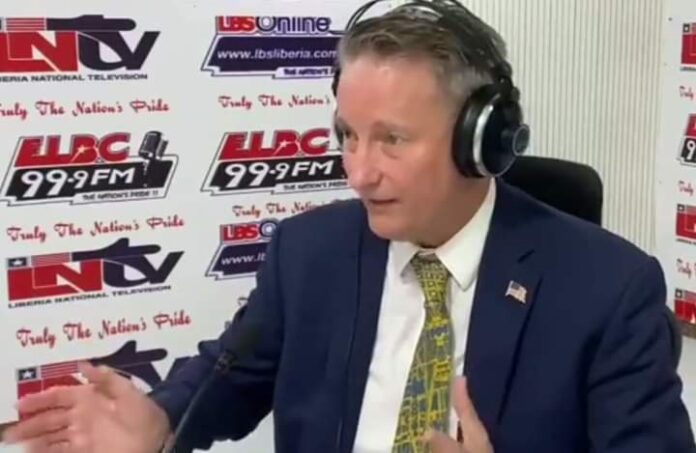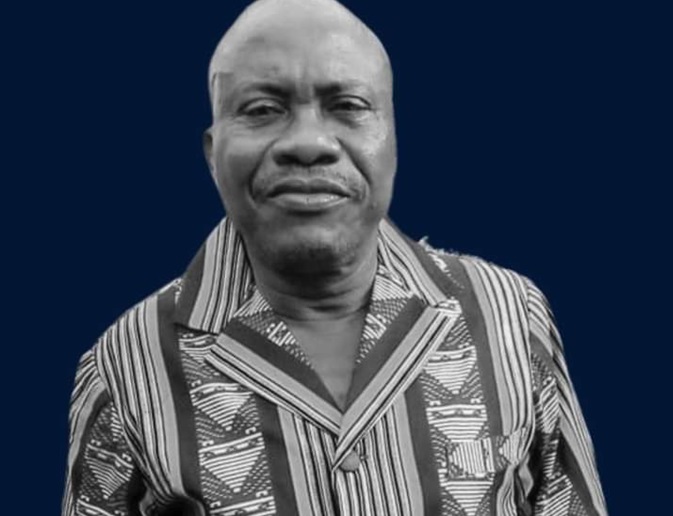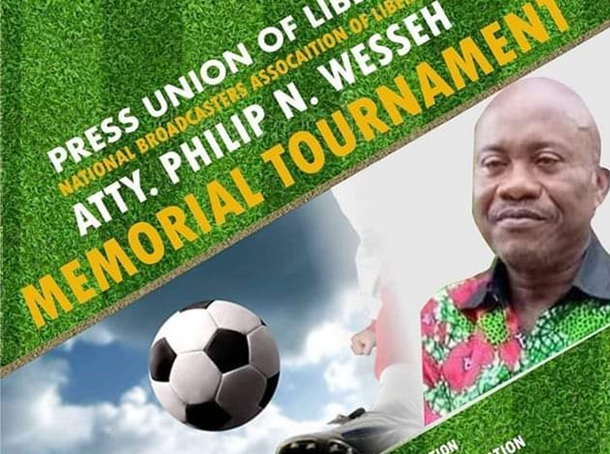By Olando Testimony Zeongar
LIBERIA – Ambassador Michael McCarthy, the United States envoy accredited to Liberia, has stated that Liberia is poor because of corruption.
A World Bank report quoting a Household Income and Expenditure Survey, states that “Poverty in Liberia remains widespread, with more than half of the population -50.9 percent –living below the national poverty line.” According to the World Bank, this translates into roughly 2.3 million Liberians who are unable to meet their basic needs.
Additionally, the World Bank says 44 percent of Liberia’s population lives below the extreme international poverty line of US$1.90 per day.
Howbeit, Ambassador McCarthy, who said by the U.S. government placing sanction on corrupt officials of the Liberian government, was the United States way of pointing out that this country is not thriving the way it ought to, squarely blamed the dehumanizing situation on corruption, when on Thursday, he appeared on a program broadcasted live on state radio ELBC and it’s online televisiion.
He stated that taking into consideration Liberia’s endowment with vast natural resources, the country should be thriving and not be ranked among the world’s poorest countries, adding that the only reason why Africa’s oldest republic is not thriving is because of public service corruption.
“When you look at the resources of Liberia; your coastline, the dependable rainfall, your fertile soil, your mineral wealth, this country should be thriving. It shouldn’t be one of the ten poorest countries in the world –and the only reason why it is as poor as it is today, is because of corruption,” Ambassador McCarthy lamented.
He stressed that corruption in public service takes away from the poorest in Liberia and it blunts the impact of all of the projects that the United States government funds in the country.
“Corruption steals from the poorest and it blunts the impact of all of the projects that we pay for –they are all blunted by corruption,” said Ambassador McCarthy, who maintained that corruption defeats initiatives before they are even launched.
He added that corruption in the country raises risks and uncertainties, which he averred drives away foreign investors who would love to come and make use of the bounty that is in Liberia.
Referencing the Global Magnitsky Act, Ambassador McCarthy stated that as a partner to Liberia, the U.S. is taking steps aimed at discouraging corruption in Liberia.
“What we are saying is we won’t allow these people to come into America and that we will freeze their assets in America. It’s alright as a sovereign nation to decide who gets to come in and who doesn’t,” he said, adding that he’s of the thinking that by freezing the accounts of corrupt Liberian officials it helps.
He disclosed that the concept behind imposing travel restrictions on corrupt officials of government in Liberia and freezing their assets is to encourage improved behaviour.
He stated that Liberia is special to the U.S. hence, out of dozens of cases since Magnitsky came into effect as of 2017, a huge chunk of the cases are in Liberia, making specific reference to Grand Cape Mount County’s Senator Varney Sherman, as the first Liberian official to be sanctioned by America under the Global Magnitsky Act.
“So within three years, Liberia has been a country that we have included in sanctions, which is very unusual,” said Ambassador McCarthy, who indicated that it’s only from Liberians that true accountability would be realized in the country.
He continued: “So by pointing out these cases, these examples, we are hoping that Liberia will stop and take notice and then do what Liberia wants to do accordingly. But that’s up to Liberia. We don’t tell Liberia what to do in Liberia with Liberians –that’s none of our business.”
The American diplomat, who sounded seemingly overwhelmed over having to repeatedly dwell on issues of public corruption in Liberia, in response to concerns of certain Liberians as to whether or not the U.S. would play a role in the prosecution of sanctioned officials of the Liberian government, stated that the implementation of the Global Magnitsky Act is not a prosecutorial process, but the United States government’s way of calling out corrupt officials in Liberia, banning them from traveling to the U.S. and freezing their assets.
“Magnitsky is not a judicial or a criminal prosecution process, it’s solely the United States government saying we’ve identified these people who are corrupt and who are badly impacting in a negative way the democratic process sufficiently that we don’t want them in our country and we think that their finances should be frozen,” he maintained.
He added: “So, after that we leave it up to Liberia. It is not a substitute for the Liberian criminal justice system. So if Liberia doesn’t want to prosecute them that’s the decision that Liberia has to make.”
Asked as to what’s the status of Liberian officials who served in past regimes but are accused of corruption, and others who committed crimes in Liberia and are seeking sanctuary in the United States, Ambassador McCarthy reminded Liberians that the U.S. government has ongoing cases all of the time, adding that there are those who thought that they would sneak away and live in America, but they are prosecuted and placed behind bars.
He made reference to the son of jailed former Liberian president and ex-warlord, Charles Taylor, Chucky Taylor, who Ambassador McCarthy said is in jail in the United States for 99 years.
“In fact, we don’t just sit back and let those things go. To this day, we’ve spent lots of money, lots of efforts because it’s worth it. It’s worth chasing down those war criminals,” he emphasized.
Recently, it can be recalled, the U.S. government sanctioned three officials of the George Weah-led government for corruption.
The trio; the president’s ex-chief of office staff and former Minister of Presidential Affairs, Nathaniel McGill; former Manager of the National Port Authority, Bill Twehway; and former Solicitor General, Sayma Syrenius Cephus; later resigned their posts while serving an indefinite suspension action taken against the men by President Weah following the Americans’ decision to have slammed them with sanction.







